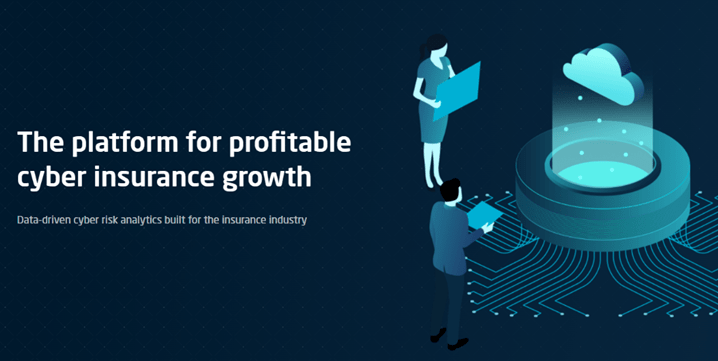
Cyber risk analytics provider CyberCube has today launched CAERS, a new cyber incident response service for clients of the company’s SaaS products.
The Cyber Aggregation Event Response Service (CAERS) will see CyberCube partnering with Kroll, the leading provider of data, technology and insights related to risk, governance and growth, to provide CyberCube’s clients with information and guidance on major cyber aggregation events. Kroll will provide frontline threat intelligence generated from the thousands of incident response cases it handles every year.
Following a major cyber event, the CAERS team will update CyberCube’s clients with the latest information while CyberCube’s SaaS products, including Broker Manager, Account Manager and Portfolio Manager, will assist with a response to any unfolding cyber catastrophe.
With cyber events becoming increasingly common, the speed and accuracy with which organisations respond to them is critical. That’s why we’ve launched this response service, specifically tailored to CyberCube’s growing client base. The pressure on our clients during a major cyberattack can be extreme.
Darren Thomson, CyberCube’s Head of Cyber Intelligence Services
CyberCube’s products, including Portfolio Manager, Broking Manager and Account Manager, are designed for insurance intermediaries and risk carriers and are used by leading companies across the insurance ecosystem.
We’re pleased to be contributing to CAERS because effective incident response depends on the most current and relevant threat intelligence available. In our most recent Threat Landscape Report, we saw a 356% growth in the number of attacks quarter-on-quarter where the infection vector was a zero-day or freshly-announced software exploit.
Benedetto Demonte, Chief Operating Officer for Kroll’s Cyber Risk practice
Ransomware groups have also been found to be leveraging newly announced vulnerabilities just days after release. It is only with access to frontline intelligence that firms can prioritize resources, mitigate the risk of a cyberattack and react appropriately if the worst happens.
by Peter Sonner




